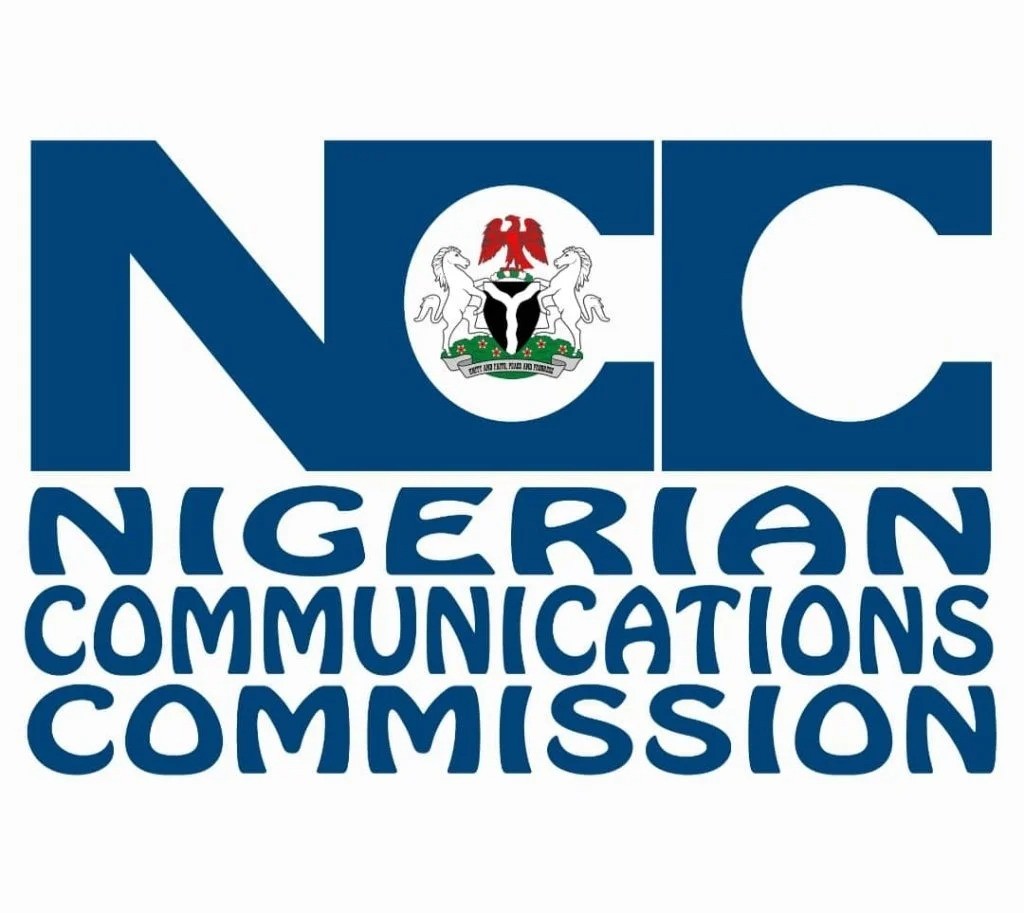
Nigeria’s telecommunications industry has recorded over 3,200 cases of equipment theft between January and August 2025, compounding the operational challenges slowing broadband expansion in Africa’s largest digital market.
The Nigerian Communications Commission (NCC) also disclosed that operators suffered 19,384 fibre cuts and more than 19,000 incidents of denial of access to telecom sites during the same period.
“These disruptions have caused prolonged outages, revenue losses, increased security costs, and delayed service restoration,” said Aminu Maida, the Executive Vice Chairman of the NCC, while addressing stakeholders at a business roundtable in Abuja.
“They demonstrate why infrastructure protection must be at the centre of our collective agenda,” he added.
The meeting, held at the NCC Digital Economy Complex, was themed “Right of Way and Protection of Broadband Infrastructure – The Road to Success in Broadband Investment and Connectivity.”
Maida explained that the protection of telecom assets has become a national priority, following a Presidential Order on Critical National Information Infrastructure signed by President Bola Tinubu in June 2024.
The directive empowers law enforcement agencies to prosecute vandals and thieves targeting telecom facilities and mandates the NCC, in collaboration with the Office of the National Security Adviser (ONSA), to ensure strict enforcement.
“To achieve this, we have established a Telecommunications Industry Working Group to coordinate the implementation of the order,” Maida said.
He added that the Commission had launched a nationwide awareness campaign through television, radio, social media, and community outreach programs to mobilise public support against vandalism.
Security agencies dismantle vandalism cartels
According to the NCC, joint operations with ONSA over the past two years have dismantled major cartels behind telecom equipment theft across the country.
“Through mediation, enforcement, and prosecution of vandals, the NCC and ONSA are giving practical effect to the Presidential Order in safeguarding Nigeria’s digital lifelines,” Maida stated.
Despite these strides, Maida noted that the industry still faces persistent challenges. He listed fragmented right-of-way policies across states, weak enforcement of protection laws, poor coordination with road agencies, unstable power supply, multiple taxation, and bureaucratic permitting processes as obstacles undermining broadband investment.
Sabotage slowing broadband rollout
Nigeria, Africa’s most populous country, has made broadband expansion a key pillar of its National Digital Economy Agenda. However, industry players say progress has been slowed by operational costs, vandalism, and energy constraints that inflate expenditure and delay network deployment.
“The sector cannot thrive if operators continue to battle theft and vandalism at this scale,” Maida warned.
“Broadband is central to Nigeria’s economic future, and protecting infrastructure is non-negotiable.”
The NCC reaffirmed its commitment to working with security agencies, state governments, and industry stakeholders to ensure that broadband infrastructure remains secure, accessible, and resilient, forming the backbone of Nigeria’s digital transformation.



